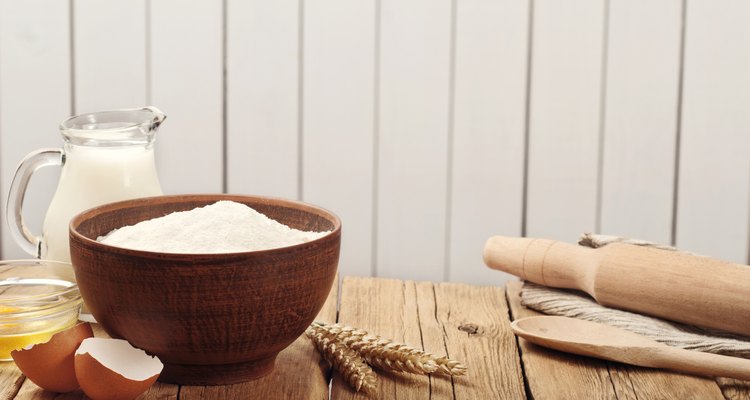
KucherAV/iStock/Getty Images
Coconut powder, sometimes called coconut flour, is made from the ground-up, dried meat of mature coconut. It can be mixed with water and then strained to produce coconut milk, though it is often added directly to foods during baking or cooking for the flavor. Commercially produced coconut flour is defatted, so there are fewer calories per serving than coconut flour made from pure, dried, ground coconut.
Nutritional Profile
A 2-tablespoon serving of Bob's Red Mill Coconut flour has 60 calories per serving, with 2 grams of protein. It also has 2 grams of total fat, all of which is saturated fat. There are also 8 grams of carbohydrates and 1 gram of sugar per serving - from natural sugars. Commercially produced coconut flour has less fat and calories than coconut flour made from powdered, dried coconut, so it is a healthier way of getting the same rich taste of coconut in your foods with fewer calories and fat.
Dietary Fiber
Coconut flour, like regular coconut, is a good source of dietary fiber. A 2-tablespoon serving has 5 grams of dietary fiber. As the recommended dietary intake is between 25 and 38 grams per day, this provides 13 to 20 percent of the daily recommendation for adults. A diet high in dietary fiber can help relieve symptoms of constipation, as well as prevent hemorrhoids and diverticulosis. As most Americans do not eat enough dietary fiber, including some coconut powder with your cereal or in a breakfast smoothie can help you reach your fiber intake for the day.
Iron Content
A 2-tablespoon serving of coconut flour has 10 percent of the daily value of iron, an essential mineral, based on a 2,000-calorie-per-day diet. Iron is essential for the production of hemoglobin and myoglobin, which is needed for the creation of red blood cells. A lack of iron in your diet leads to fatigue, irritability, dizziness and possibly weight loss. You need between 8 and 18 milligrams of iron per day, depending on your gender and age.
Saturated Fat Content
A 2-tablespoon serving of coconut powder contains 2 grams of fat, all of it as saturated fat. However, coconut fat contains medium-chain triglycerides, which may help raise high density lipoprotein levels, also known as "good" cholesterol.
Related Articles

Flaxseed Meal Nutrition

How to Cook With Coconut Flour for Main ...
Baking With Almond, Rice & Coconut Flour

How to Cook Coconut-Crusted Tilapia ...
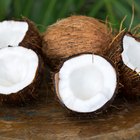
What Is the Nutrition in Coconuts & ...
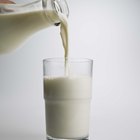
How to Dissolve Non-Instant Milk Powder
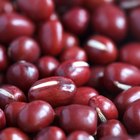
Nutrition Information for Adzuki Beans

How to Bake Chicken With Almond Flour
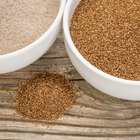
Is Teff Flour Gluten-Free?
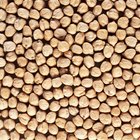
How to Roast Chickpea Flour

Nutrition Value of Corn Meal
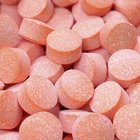
Benefiber Ingredients

Substitutes for Sweetened Cream of ...
Substitutes for Oat Bran
How to Substitute Chia for Xanthan Gum

How to Make Scrambled Egg With Spinach

Nutrition Information on Blueberries

Properties of Coconut Fiber

Substitutes for Garbanzo Bean Flour

How to Grind Almonds for Baking
References
- Bob's Red Mill: Organic Coconut Floud
- Cooking with Coconut Flour: A Delicious Low-Carb, Gluten-Free Alternative to Wheat; Bruce Fife
- MedlinePlus: Iron in Diet
- American Heart Association: Know Your Fats
- Asia Pacific Journal of Clinical Nutrition: Coconut Oil Predicts a Beneficial Lipid Profile in Pre-Menopausal Women in the Philippines
Writer Bio
Lana Billings-Smith has been writing professionally since 1997. She has been published in the "Montreal Gazette" and the "National Post." She also teaches and lectures at McGill University. A certified personal trainer, she holds a Bachelor of Arts with a specialization in leisure sciences and a minor in therapeutic recreation.
Photo Credits
KucherAV/iStock/Getty Images